Category: Research & Innovation

UF researchers mine lightning data to protect cell towers
December 10, 2025University of Florida postdoctoral researcher Ziqin Ding, Ph.D., and his team are working on a project to protect cell towers and other tall objects from lightning strikes. Using a novel combination of antennas, sensors, and algorithms, Ding’s system is able to detect if a particular lightning strike has impacted a given structure or not.
Read more »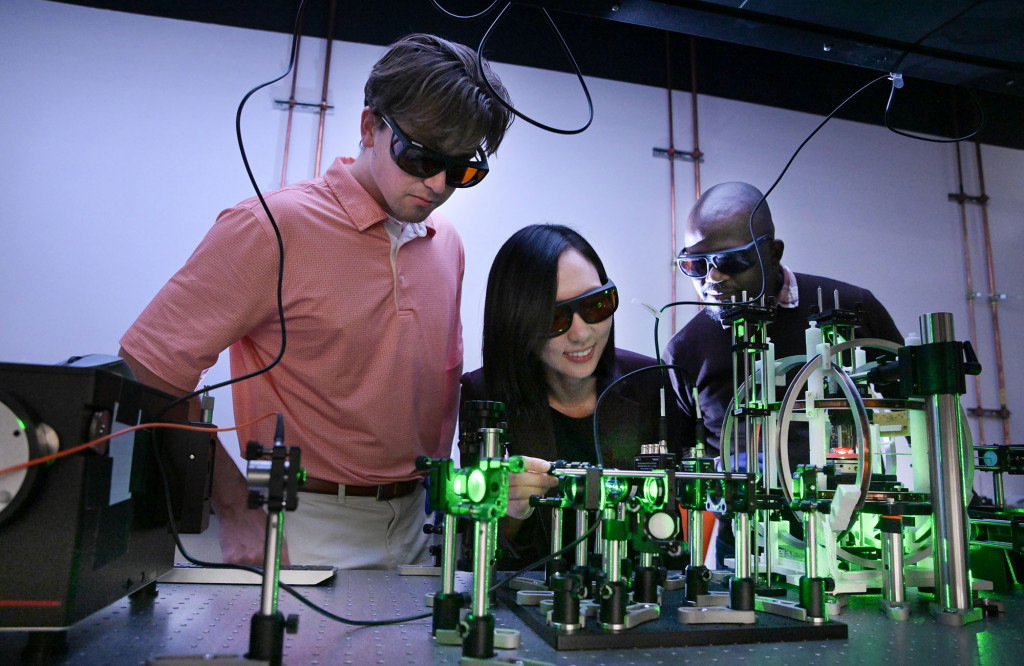
Leading the quantum leap: Meet the UF experts behind the momentum
December 5, 2025To get a good window into what the University of Florida is doing in the quantum space, spend some time with Laura Kim, Ph.D., and Yingying Wu, Ph.D. Both are award-winning assistant professors in the Department of Electrical & Computer Engineering, and both are gaining attention for their work in quantum research and education.
Read more »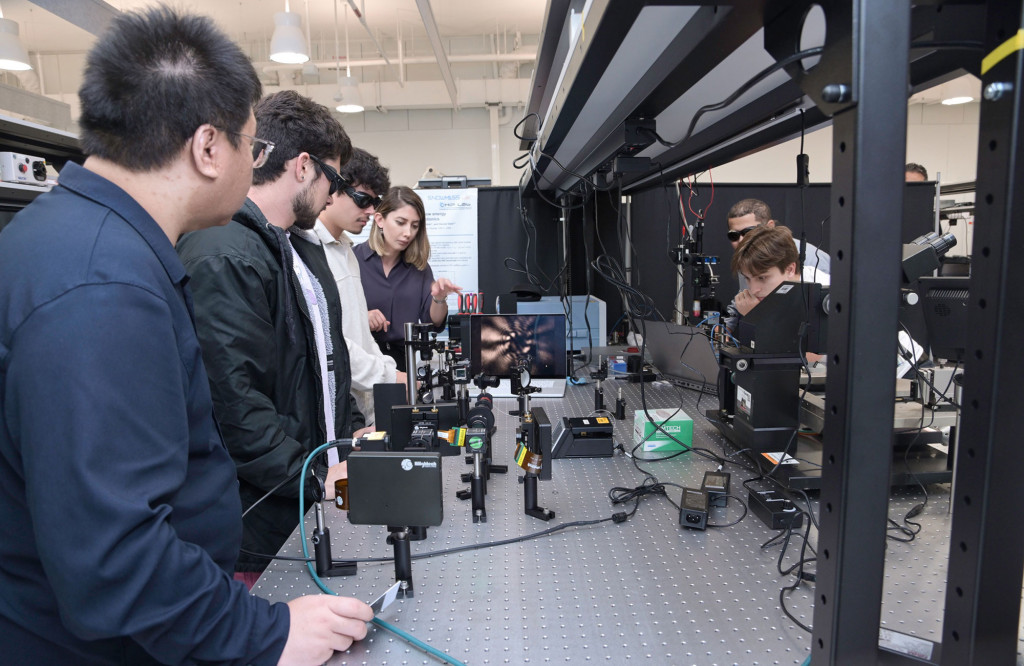
America’s next AI accelerator constraint: Heat, power and the end of ‘just add GPUs’
December 4, 2025AI has entered a phase where the limits are no longer set by algorithms or transistor counts but by energy and speed. For years, the industry relied on a simple strategy: Deploy more Graphics Processing Units (GPUs). That approach is now colliding with physics. Datacenters push megawatts of power, airborne and orbital systems cannot dissipate […]
Read more »
Harley joins forces with University of Louisiana at Lafayette, Tulane & Georgia Tech to accelerate innovation in AI-augmented health systems
November 18, 2025UF researcher Joel Harley, Ph.D., is set to co-direct the Accessible Healthcare through AI-Augmented Decisions (AHeAD) Center as an NSF Industry University Cooperative Research Center (IUCRC).
Read more »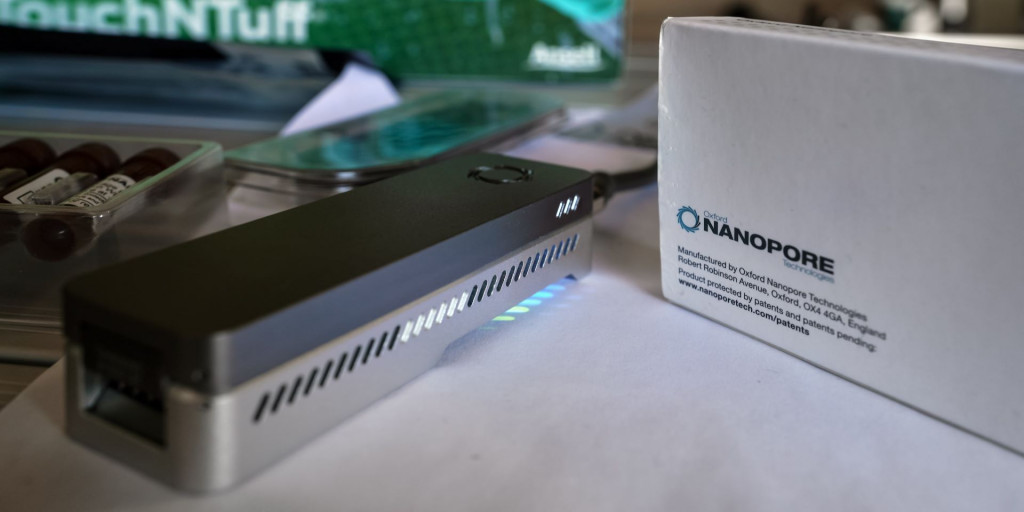
Security flaws in portable genetic sequencers risk leaking private DNA data
November 12, 2025Researchers from the University of Florida have, for the first time, exposed security risks in portable genetic sequencers used around the world to sequence DNA.
Read more »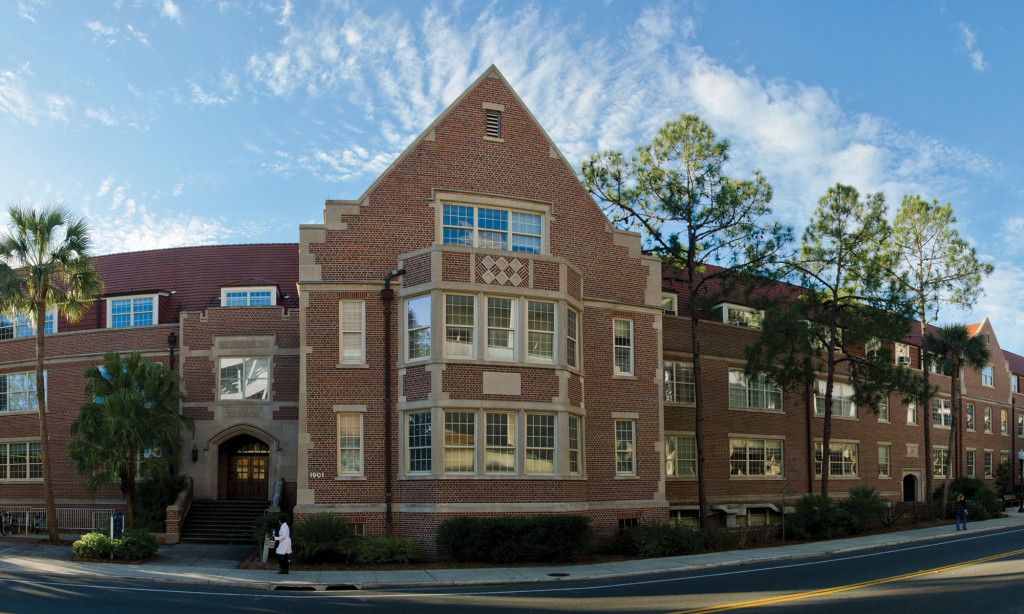
Gator Engineering faculty take home four inventions of year from UF Innovate
November 10, 2025Innovation was in the spotlight last week as UF Innovate | Tech Licensing celebrated the top six innovations of 2025 at its annual Standing InnOvation event. Four of the recognized technologies came from faculty researchers in the UF Herbert Wertheim College of Engineering.
Read more »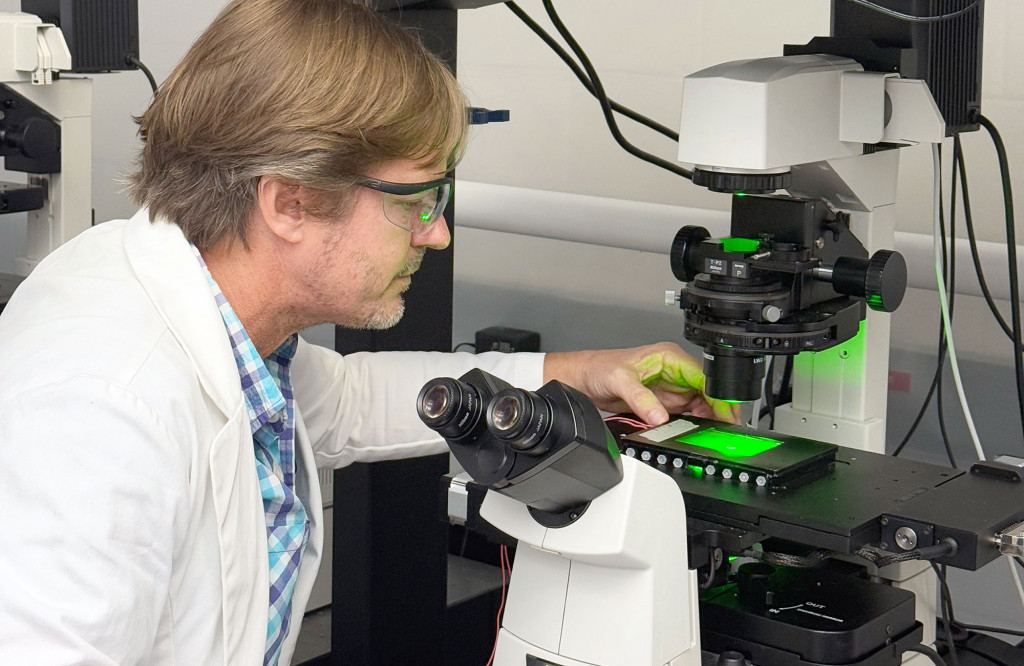
From cells to solid state to public health, UF team building biosensors
October 31, 2025Backed by a $3 million grant from the National Science Foundation, a University of Florida research team is combining living cells with solid-state materials to develop better tools for environmental monitoring.
Read more »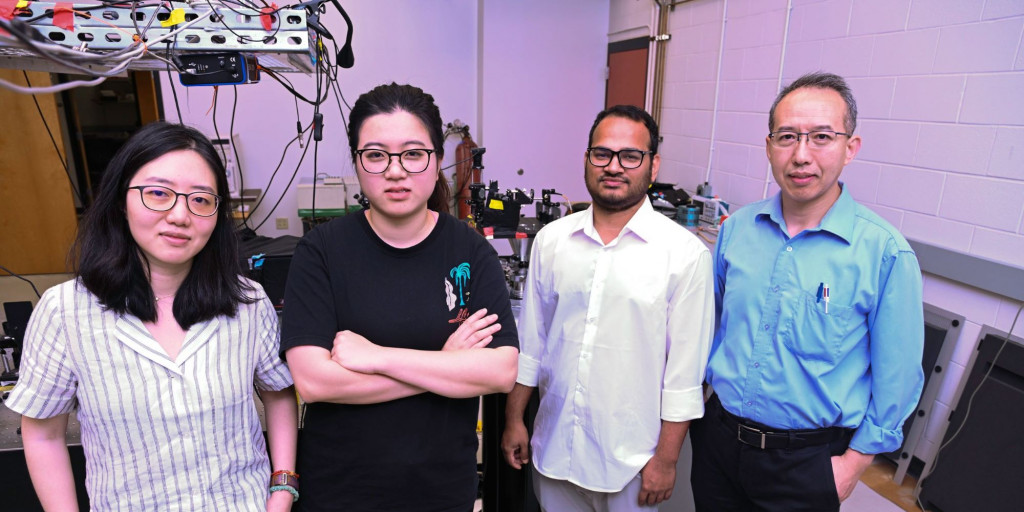
UF led team of scientists and engineers reveal hidden rhythms of magnetism using vibrating nano drums
October 29, 2025Scientists are using vibrating nanoscale drumheads to study how magnetism moves and changes inside special materials — a discovery that could help power the next generation of fast, energy-efficient computers.
Read more »
Multi-university AI research may revolutionize wildfire evacuation
October 15, 2025Armed with a nearly $1.2 million National Science Foundation grant, UF, Johns Hopkins University and the University of Utah are creating these AI-based models to simulate human behavior during evacuations – information that will help emergency managers shape more effective evacuation plans.
Read more »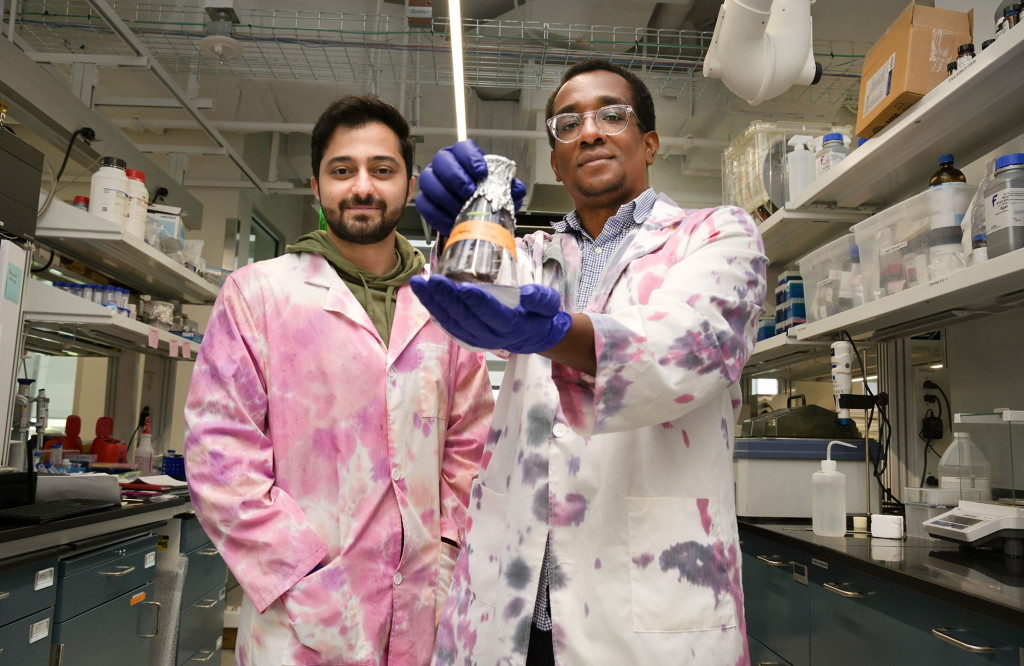
UF protease-inhibitor research targets better disease treatments
October 13, 2025A University of Florida professor is developing a fast, powerful tool for blocking harmful human enzymes, a process that could result in better medicines and more precise treatments for diseases.
Read more »